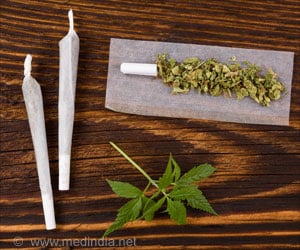Bugs in the root of a tropical grass called Vetiver, will be yielding perfume for you shortly.
The day is not far when bacteria will be yielding perfume for you, says a new study, which has discovered bugs in the root of a tropical grass, called Vetiver, whose oils have been used in the cosmetic and perfumery industries.
The bacteria apparently boost the production of essential oils, and also they change the molecular structure of the oil, giving it different flavours and properties, that include termicidal, insecticidal, antimicrobial and antioxidant.The researchers, led by microbiologists Pietro Alifano and Luigi Del Giudice, the plant biologist Massimo Maffei, focussed their study on the tropical Vetiver grass through interdisciplinary research.
They found that Vetiver root cells produce a few oil precursors, which are then metabolised by the root bacteria to build up the complexity of the Vetiver oil.
The researchers found the bacteria in the oil-producing cells as well as in root locations that are closely associated with the essential oil.
Vetiver grass is the only grass cultivated specifically for its root essential oil, which is made up of chemicals called sesquiterpenes, which are used in plants as pheromones and juvenile hormones.
Also present in the essential oils, are alcohols and hydrocarbons, which, together with the sesquiterpenes are primarily used in perfumery and cosmetics.
Advertisement
Bacteria responsible for this transformation include alpha-, beta- and gamma-proteobacteria, high-G+C Gram-positive bacteria as well as microbes which belong to the Fibrobacteres / Acidobacteria group.
Advertisement
"The ecological role of plant-microbial associations shows another fascinating aspect. The metabolic interplay between a plant, which offers a few simple molecules, with root bacteria, that biotransform them into an array of bioactive compounds, increases fitness and reveals new cost-efficient survival strategies," said Professor Maffei.
Source-ANI
SPH












